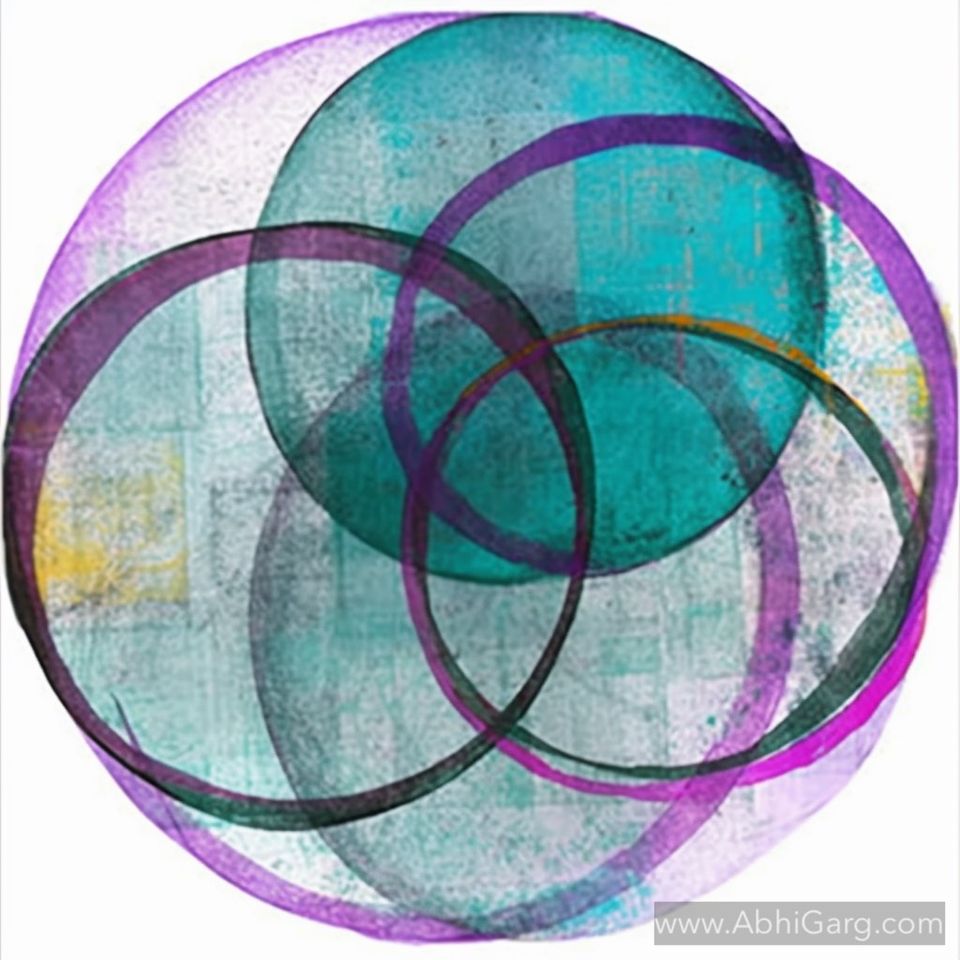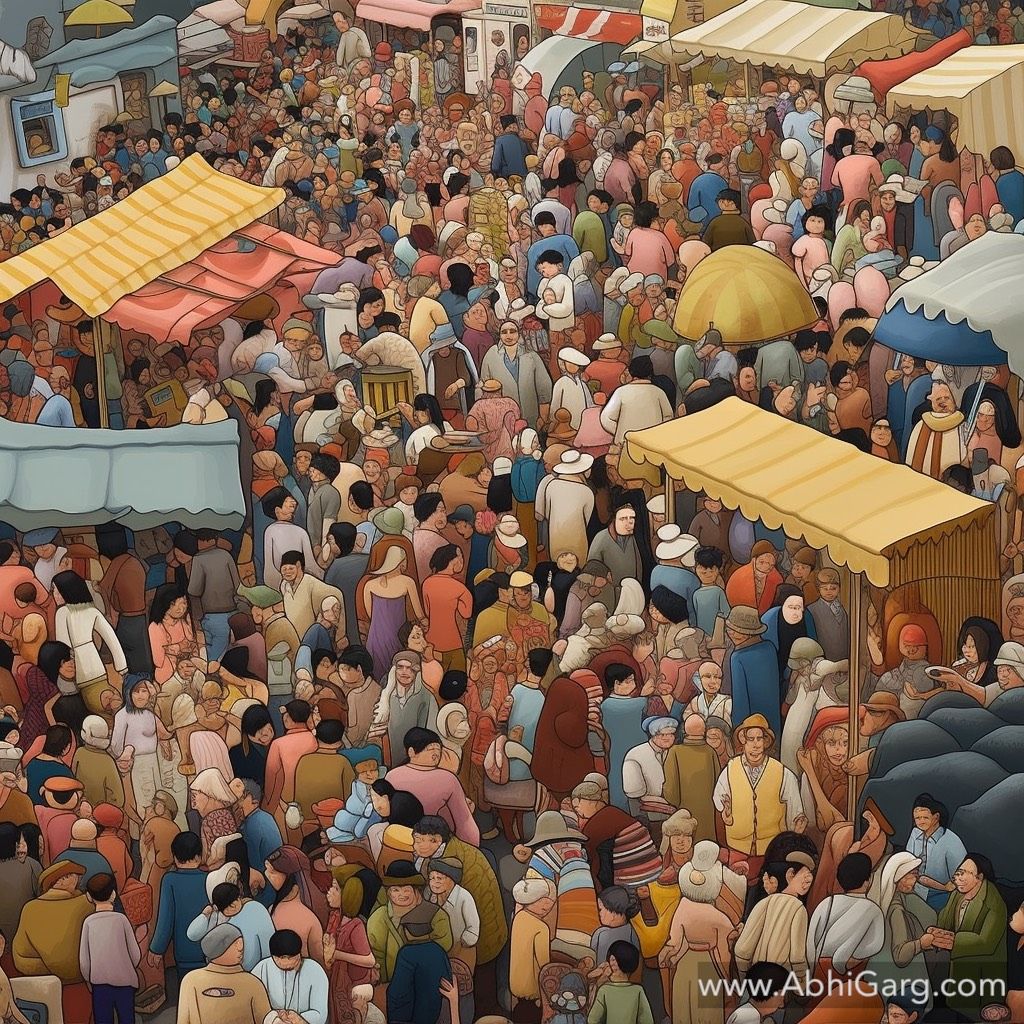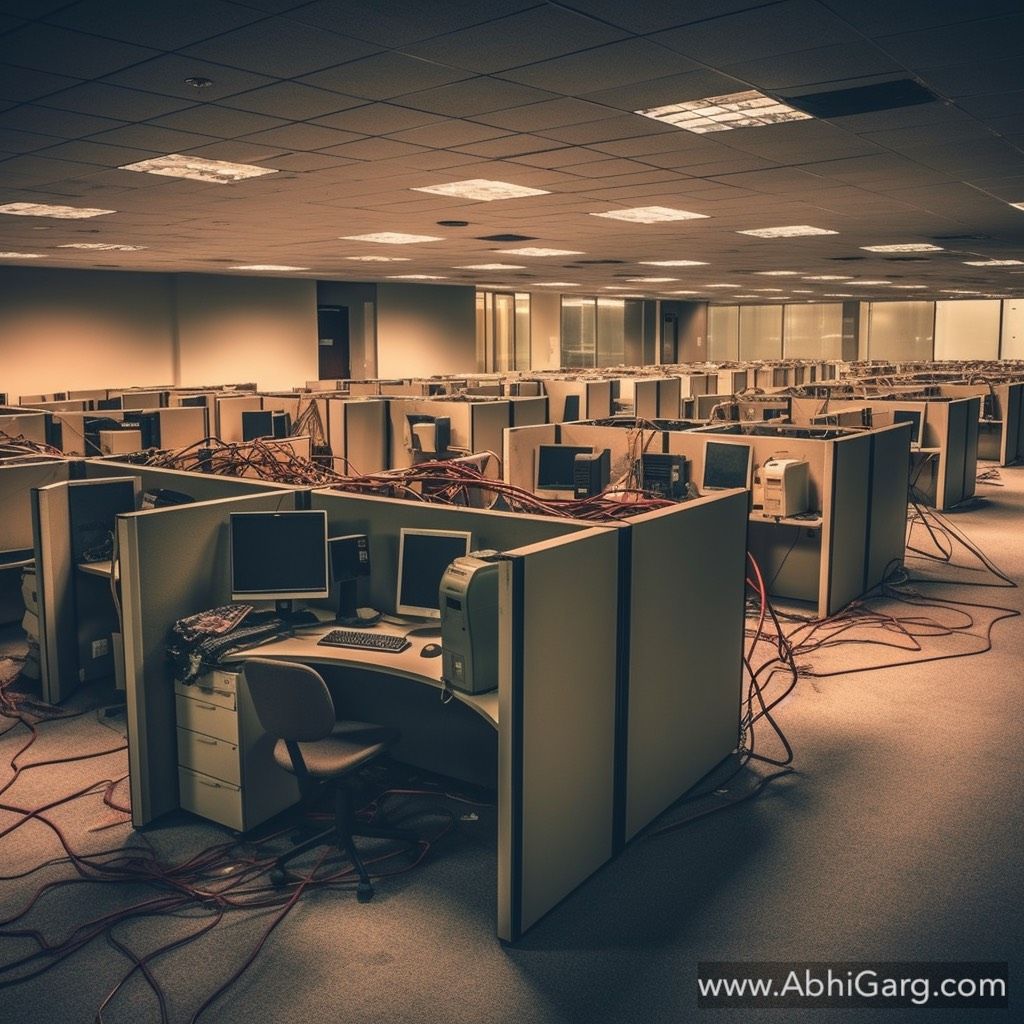What's your USP (Unique Selling Proposition) & why it matters?

Updated: July 03, 2023
USP stands for Unique Selling Proposition or Unique Selling Point. It is a marketing concept that refers to the unique benefit or feature that sets a product or service apart from its competitors and makes it more attractive to potential customers. The USP is the main reason why customers should choose a particular product or service over others in the market.
Let's start with three questions and assume these apply:
- What happens when the buyer becomes the vendor?
- What happens when people figure out a successful niche and jump in for the gold rush?
- What happens when you're playing on a commoditized service (custom software development, for instance) and that service witnesses automation?
What's the outcome in such a business scenario:
USP is lost. There's no competitive differentiation. It's a race to the bottom.
During high school, one of the vocabulary words I memorized was 'malleability' - the ability to change form given the striking force without breaking.
Water is the most malleable in that way; it takes the shape of the container with the least resistance.
Modern businesses must exhibit malleability, but most fail to change as the world changes. They keep peddling the same stuff and asking for higher rates every year. Rinse and Repeat.
Let's take on the questions above.
What happens when the buyer becomes the vendor?
This is most applicable to traditional solo proprietor businesses. In the US, grocery businesses are organized under large chains such as Kroger, Albertsons, etc. There are smaller shops, too, but too few & far between. There's no concept of Maximum Retail Price (MRP), and the retailer is free to sell an item at whatever price they deem fit - open competition i.e.
On the other hand, in a regulated setup such as India, where MRP is marked on each product/item, the grocery shops are run by family-run, small-scale businesses over generations. But, once people figured out that all you need to do is stock food, grains, rice, etc., sit at the cash counter, and bark orders at your staff, the game was up.
More shops mushroomed, and the buyer became the vendor. Walking the streets in India, it is now common to see 4-5 grocery shops in the same market/plaza, all selling the same stuff and trying to outwit the other on the retail price by offering markdowns.
Add to this the aggregator business where apps like BlinkIt, BigBasket, etc., deliver items at doorsteps at much less than the marked retail price, and the competition becomes even more intense.
The traditional brick-and-mortar business finds it hard to make large profits as it did earlier, as there's no USP.



What happens when people figure out a successful niche and jump in for the gold rush?
The grocery example above has no entry barrier to doing business. No minimum education needs, and no experience or certification is required. You buy, stock, and sell.
The other angle is when people figure out a niche that might present some entry barrier—for instance, Apothecaries / Chemists in Europe and India. The entry barrier is that you need a Pharma license to dispense medicines. The plus side is huge markups, to 30-40% on branded medicines at the retail level. Higher on generics.
Once people figured out, especially after Covid, that running a Pharmacy is a lucrative business, many people got in. They figured out how to lease a Pharma license and opened Chemist shops left, right, and center. Now you see as many Chemist shops in a zone as there are grocery shops, all playing on markdowns. Online aggregators such as 1mg and Tata Neu have democratized the information, pricing, etc., and people now 'shop' medicines, although it's an essential & life-saving commodity.
Again, no USP. Unless the store offers a good discount on the printed price of the drug, there's no customer loyalty.
As Peter Thiel explains in his book, Zero to One, businesses don't and shouldn't hope for competition. The customers hope for competition for better shopping and pricing. It's not in a business's best interest to survive in a competitive landscape. Businesses should desire monopoly and zero competition.
What happens when you're playing on a service (custom software development, for instance) and that service witnesses automation?
The internet revolution of the 90s and 2000s and follow-ups since then have changed the way how we, it's fair to say, live. From Java on our desktops (remember Applets?) to embedded Java in our washing machines, technology changed & evolved and taught us a new way of life. Those who started IT shops during that boom made it significant. The custom software development journey has been a boon for India, from scripting the first html-based websites to fighting the Internet Explorer quirks.
India became the world's back office, starting with business process automation, call centers, and service desk. Then it morphed into building software for the world, including for DMVs in the US.
Initially, the market was (and still is if you know your niche) quite big—a lot of room for many players. The big three - Infosys, TCS, and Wipro - led the way.
Then, smaller John Does under the Sun opened IT shops in India. Again, no entry barrier. No pre-requisite in terms of skill or certification.
Then came the 2007-2008 revolution of the Apple iPhone. Mobile apps came along, and it turned 'web development' on its head. More IT shops emerged, and vendors commoditized software development as an 'offering.' Lease a 'resource' by the hour or by the month.
IT shops became grocery shops.
More recently, in their finest moment of wisdom, Software Engineers developed solutions that would not require Software Engineers for software development. We now have no-code/low-code platforms that can spin up software & apps on-demand and through drag-and-drop interfaces (remember the Visual Basic days?).
More commoditization. More competition. Even less USP for traditional software development providers.
Entrepreneurs can now test & validate ideas using low-code/no-code platforms and don't need the services of IT companies till they need something complex or very custom.
Enterprises want low-code / no-code experiments as the Fed tightens the belt & the benchmark rate continues to rise.
The subsequent saturation would be in the low-code / no-code space as traditional software development companies go under unless they evolve.
You'd be choosing a low-code development platform, like picking your beverage from Starbucks' lineup of offerings in multiple sizes.
What would be the USP of these no-code / low-code platforms?
The Marketers always had it right. Focus on the USP. The rest will follow.
What's your USP as an employee or business owner? How would you blend malleability into the USP?



